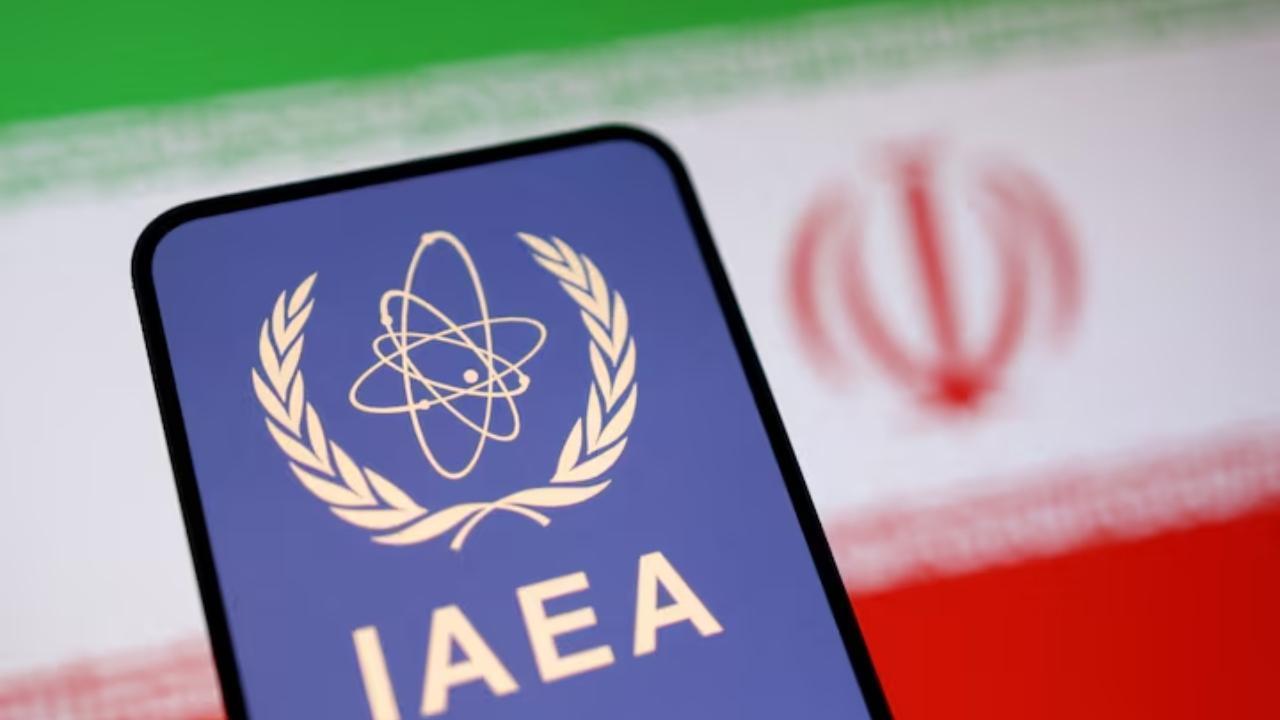
Post by : Monika
Photo: Reuters
Iran's Foreign Minister, Abbas Araghchi, has announced that a top official from the International Atomic Energy Agency (IAEA) will visit Tehran on Monday for important discussions.
This will be the first official visit from the agency since a recent conflict involving Israel. However, Iran made it clear that this visit will not include any inspections of its nuclear facilities.
According to Araghchi, Iran is not ready to allow inspectors back into its nuclear sites until a new agreement is made between the IAEA and Iran. The talks are meant to find common ground and build a new plan for future cooperation.
Why Are Inspections Not Happening?
A few months ago, in June 2025, there was a serious 12-day conflict between Iran and Israel. During this time, Israeli airstrikes hit several of Iran’s nuclear facilities, causing damage. These strikes have deeply affected Iran's level of trust toward the IAEA.
Iran believes that a critical report from the IAEA, released in May, may have helped justify those strikes. The report claimed that Iran had violated international nuclear rules, which led to further pressure from the international community.
Since then, Iran has blocked all inspections from the IAEA, saying it no longer feels safe letting inspectors in. However, Iran still says it remains part of the Nuclear Non-Proliferation Treaty (NPT) and continues to deny that it is working to build nuclear weapons.
A New Law in Iran Changes the Rules
Recently, Iran's Parliament passed a new law that tightens control over nuclear inspections. This law states that any future IAEA inspections must first be approved by the Supreme National Security Council of Iran. This change means that Iran is no longer fully cooperating with the IAEA like it used to.
As of now, this law suspends all nuclear site access, unless a new agreement is made that fits the law and is approved by top Iranian security officials.
What the Upcoming Visit Is Really About
The upcoming visit from the IAEA official is not meant for inspections. Instead, the focus will be on diplomatic talks—conversations meant to figure out how both sides can work together again in the future.
Minister Araghchi said the main goal is to build a new cooperation plan. This plan would outline clear rules and define what the IAEA can and cannot do when working in Iran. Until this plan is fully agreed upon, Iran says no inspectors will be allowed in, and there will be no sharing of nuclear site information.
Iran's message is: "We are willing to talk, but we must write new rules first."
What Led to This Situation?
The tensions between Iran and the IAEA have a long history. Iran’s nuclear program has been under international watch for many years. In the past, Iran signed agreements that allowed inspections and checks by the IAEA.
However, over time, trust broke down, especially after the United States and Israel pulled back from earlier nuclear agreements and began taking military actions against Iran’s facilities.
The situation grew worse after Israel’s strikes in June. In response, Iran completely cut off cooperation with the IAEA. Iran also said it would not return to nuclear talks with the U.S. unless there were strong guarantees of safety—meaning no more attacks during negotiations.
How Other Countries Are Responding
Countries in Europe—like France, Germany, and the United Kingdom—have been working hard to bring Iran back to the negotiating table. They want Iran to start cooperating again with the IAEA and to resume talks with the U.S. about its nuclear program.
To encourage Iran, these European countries are offering to delay certain United Nations sanctions. This gives Iran a chance to return to talks without the threat of immediate punishment.
It’s a kind of give-and-take: Europe is saying, “If you come back to the table, we’ll give you some space to talk.”
Why This Visit Is Important
What Might Happen Next?
There are a few possible outcomes from this visit:
If the talks go well, Iran and the IAEA could agree on a new cooperation framework. After that, inspections might slowly begin again, following the new rules.
If the talks fail, Iran might continue to block access. This could cause the IAEA to file another report, which could then lead to new international pressure or renewed sanctions.
The visit could also open the door for future talks between Iran and the United States, if both sides see signs of progress.
Whatever happens, this visit will be a key turning point in how the world handles Iran’s nuclear issue.
Why This Story Matters to the World
This isn’t just about Iran. It’s about global safety and trust. When countries cooperate and follow nuclear rules, it helps prevent dangerous weapons from spreading. This visit may be the first small step back toward peace, balance, and smart diplomacy.
IAEA visit to Iran 2025
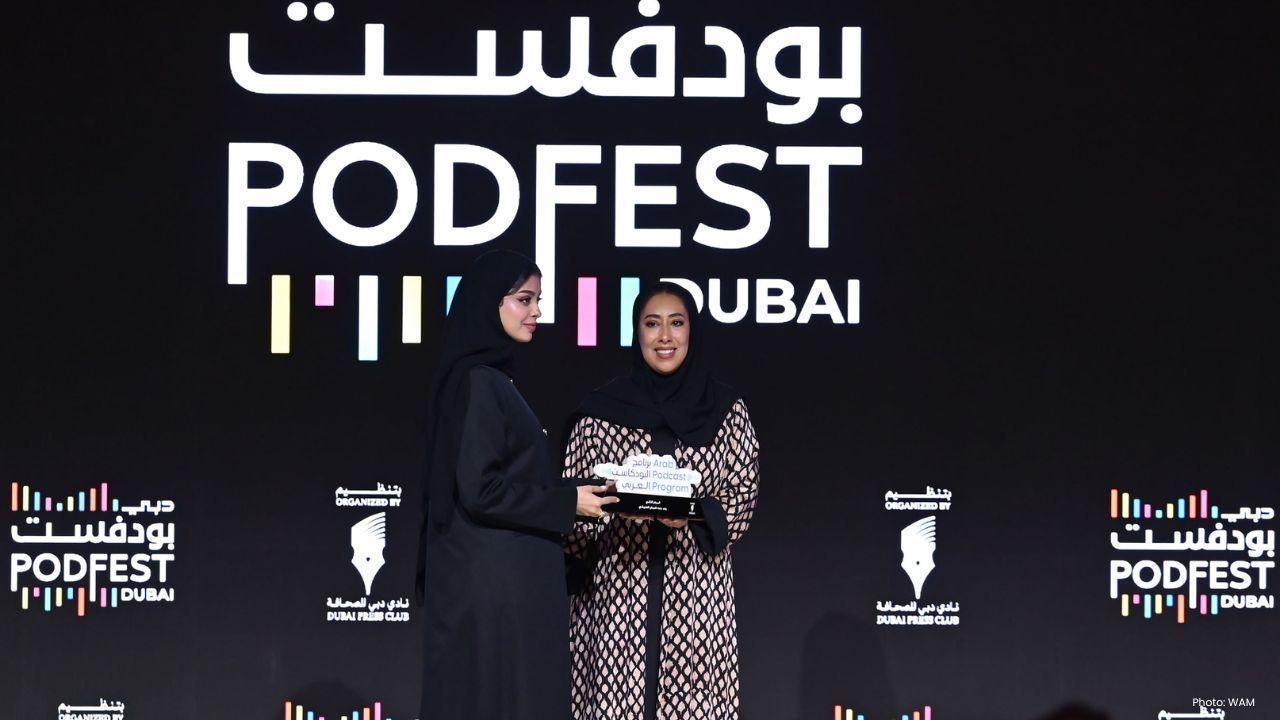

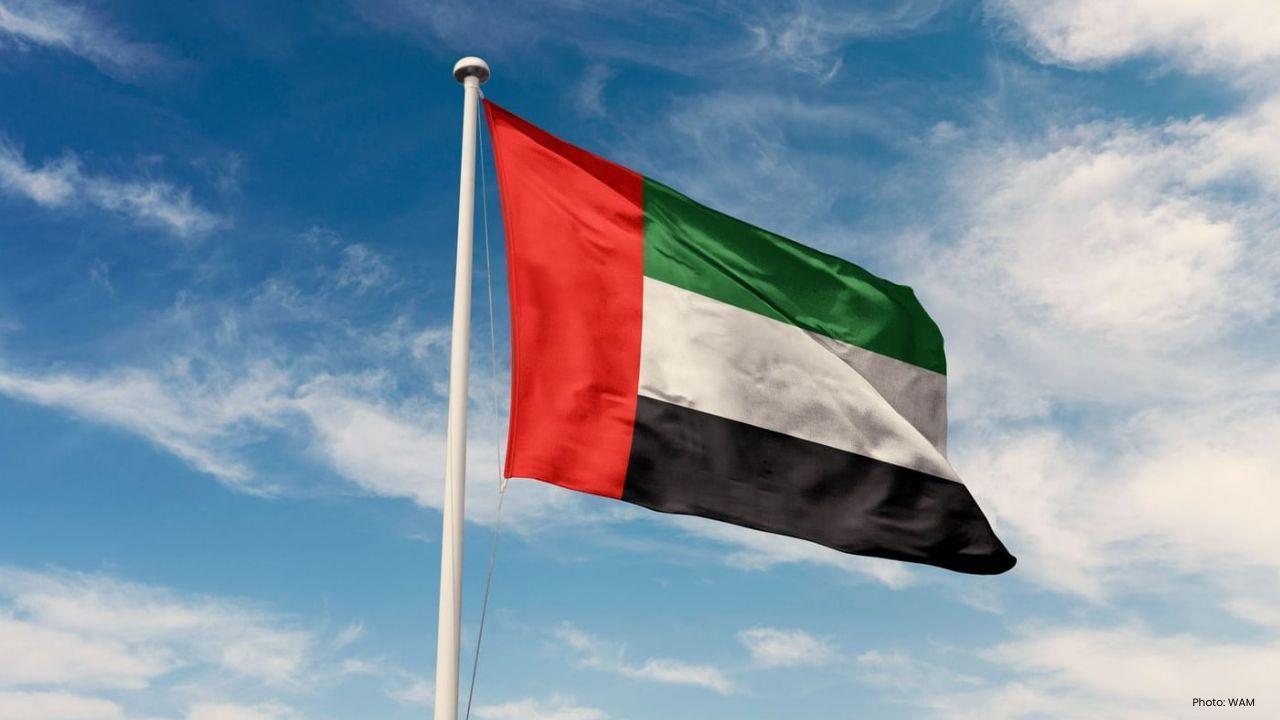
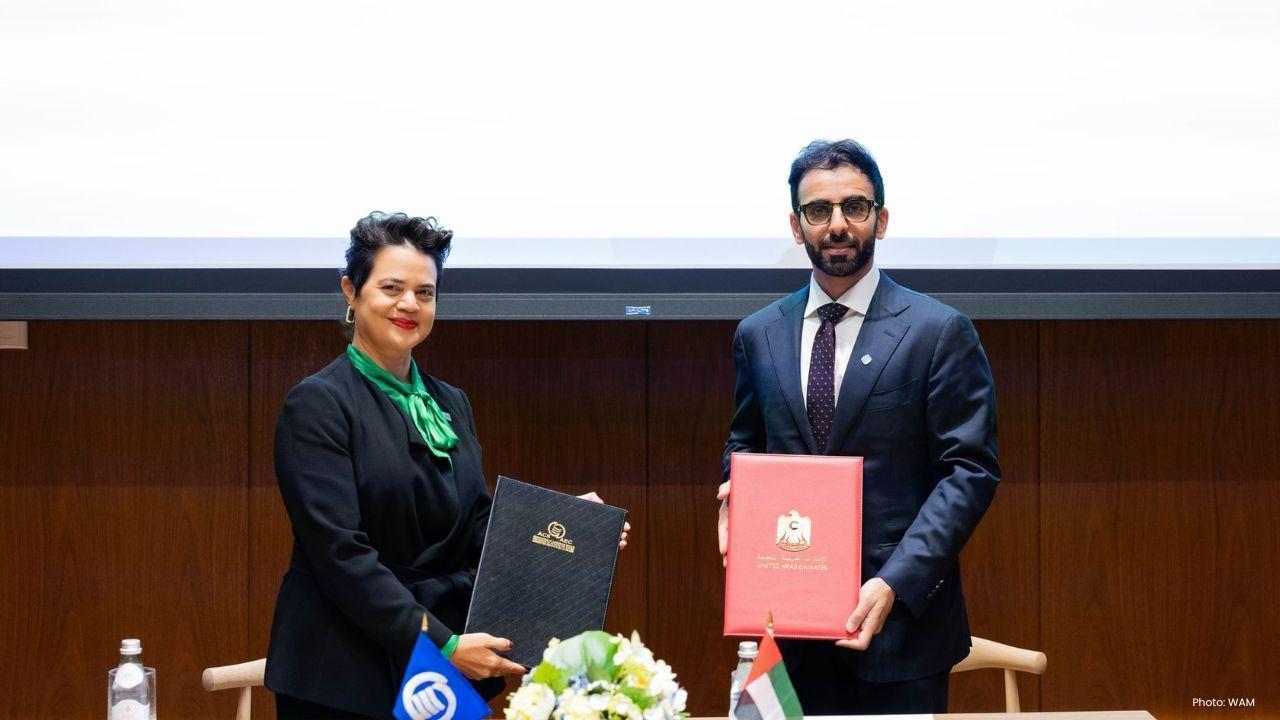


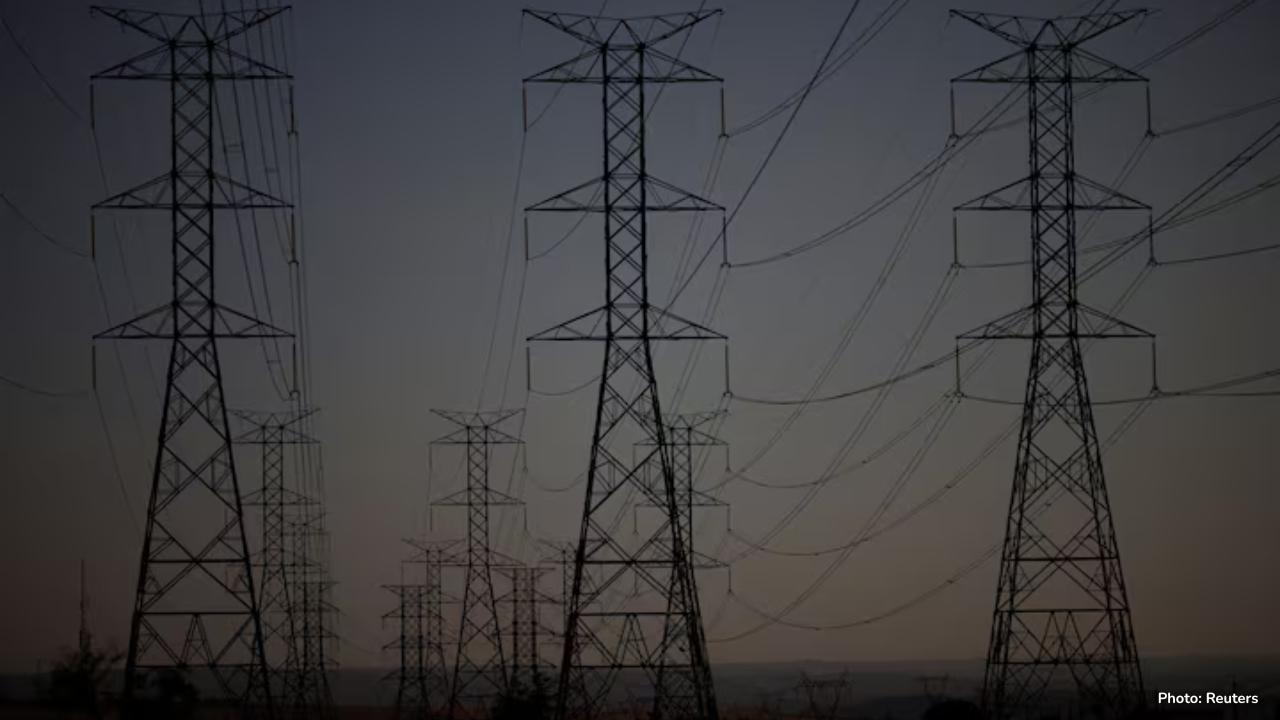

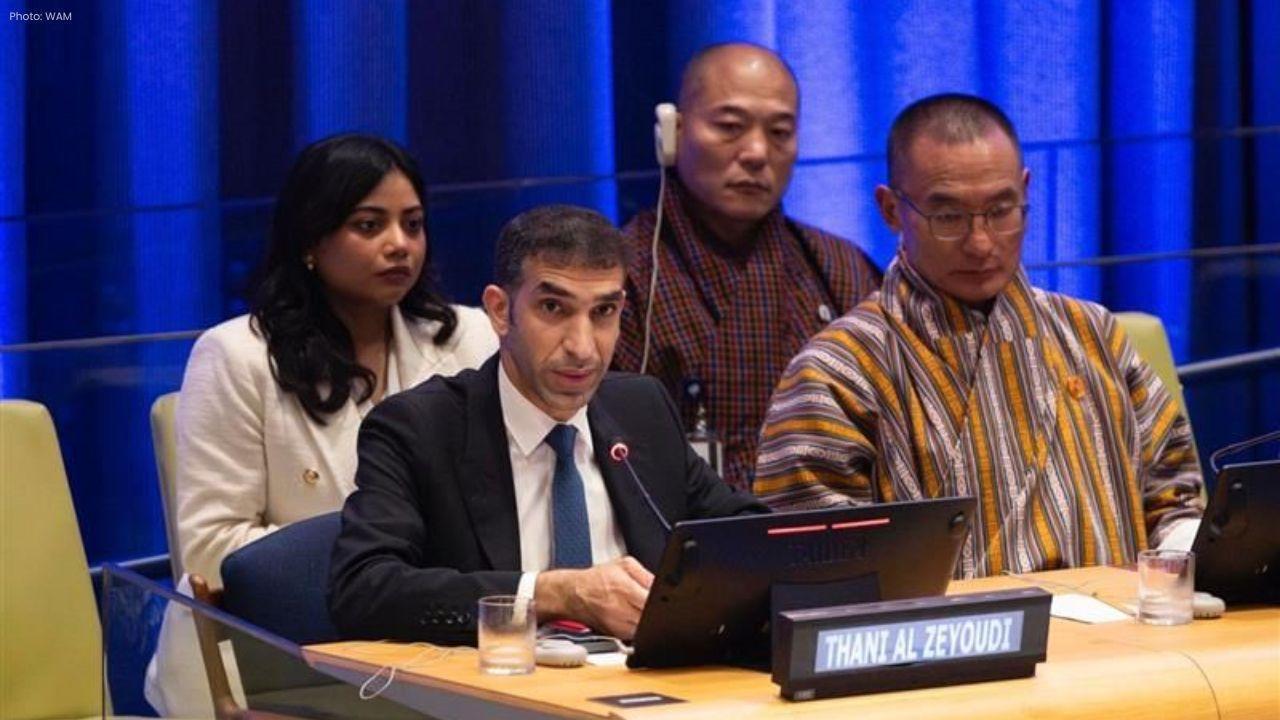

OpenAI's Revenue Soars to $4.3 Billion in First Half of 2025
OpenAI's revenue reaches $4.3 billion in the first half of 2025, marking a 16% increase from the pre

UAE Leaders Send Condolences to Saudi King Over Princess Abta's Death
UAE rulers and crown princes sent heartfelt messages to King Salman, mourning the passing of Princes

Brazil's Surplus Clean Energy Attracts Crypto Miners
Brazil's excess renewable energy is luring cryptocurrency miners. Companies like Tether and Renova E

Visa Tests Stablecoins to Make Global Payments Faster
Visa is testing stablecoins for international payments, aiming to speed up transactions and reduce t

Opera Unveils Neon AI Browser for Smarter Web Browsing
Opera introduces Neon, an AI-powered browser that automates tasks and enhances privacy, aiming to re

Albanese Visits Sheikh Zayed Grand Mosque in Abu Dhabi
Australian PM Albanese tours Sheikh Zayed Grand Mosque, highlighting peace, tolerance, and cultural